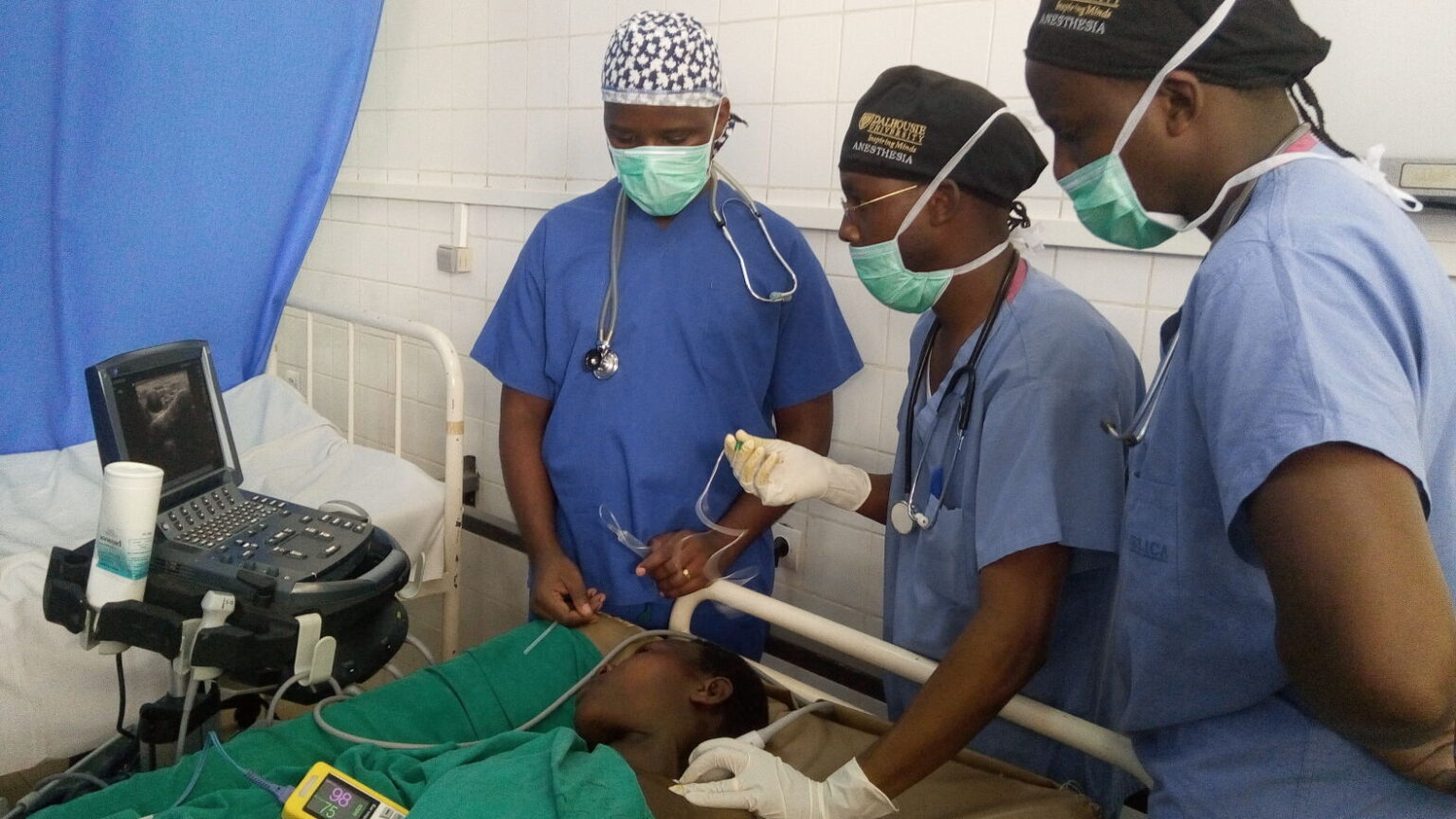We spoke to Fellowship Head Dr Balavenkat Subramanian about running the WFSA Regional Fellowship programme in Coimbatore for almost ten years
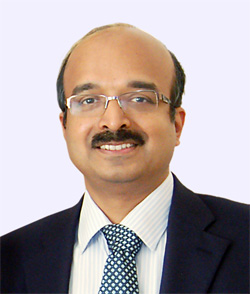
WFSA: Why are fellowships important to you?
Dr Subramanian: Fellowships help make the world of Anaesthesia and Patient Care uniform. To create a level playing ground, we must share the skill, knowledge, wisdom and expertise to bridge the existing gaps.
As a Fellowship Head, it’s so rewarding to see enthusiastic fellows from several countries come to Ganga Hospital and learn regional anaesthesia from our consultants. In their stay of 6 months, they graduate into truly safe and skilled Regional Anaesthesiologists.
WFSA: What capacity does your hospital have?
Dr Subramanian: Our hospital is a 650-bed Tertiary Care Referral Centre for Trauma, Orthopedics, Hand and Microvascular Surgery – we have 38 Operating Rooms and over 120 surgeries per day. Due to the nature of our surgical work, we complete over 100 nerve blocks each day.
WFSA: What opportunities does the fellowship provide the fellow?
Dr Subramanian: The high capacity of the hospital allows the fellow to complete at least 250 blocks individually. Enhancing their expertise and confidence, fellows then go on to perform these blocks independently when back home. We also have 15 dedicated Ultrasound Machines for the Department of Anaesthesia and 24 well-trained Consultants who have a keen interest in teaching the new fellows. All these factors make our centre one of the best centres to learn Regional Anaesthesia. The fellows not only learn regional anaesthesia but also learn perioperative management of complicated and critically ill cases – this is truly a valuable addition to their learning
WFSA: How long has the fellowship programme at the hospital been running for, and what has your experience been like as a fellowship head?
Dr Subramanian: We have been running the program since 2014, so almost ten years. We trained 4 WFSA Fellows from 2014 until Covid hit. Since this July, we’ve resumed the Fellowship once again. I love running the programme as you get to meet Fellows from different countries, cultures, beliefs and varied levels of expertise.
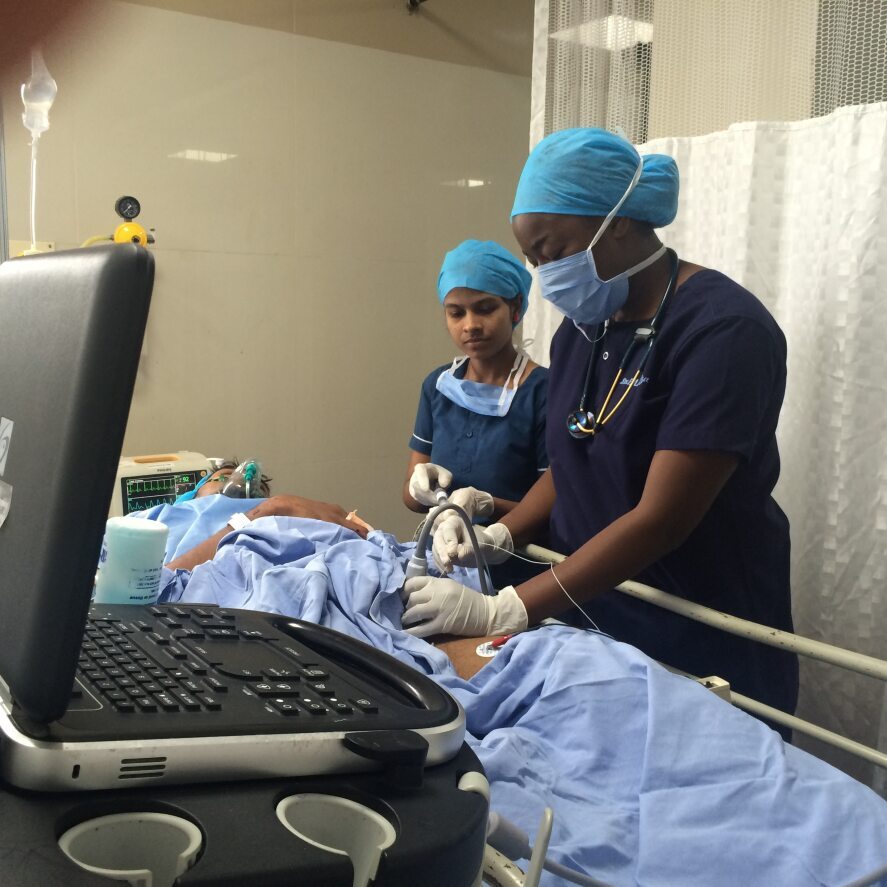
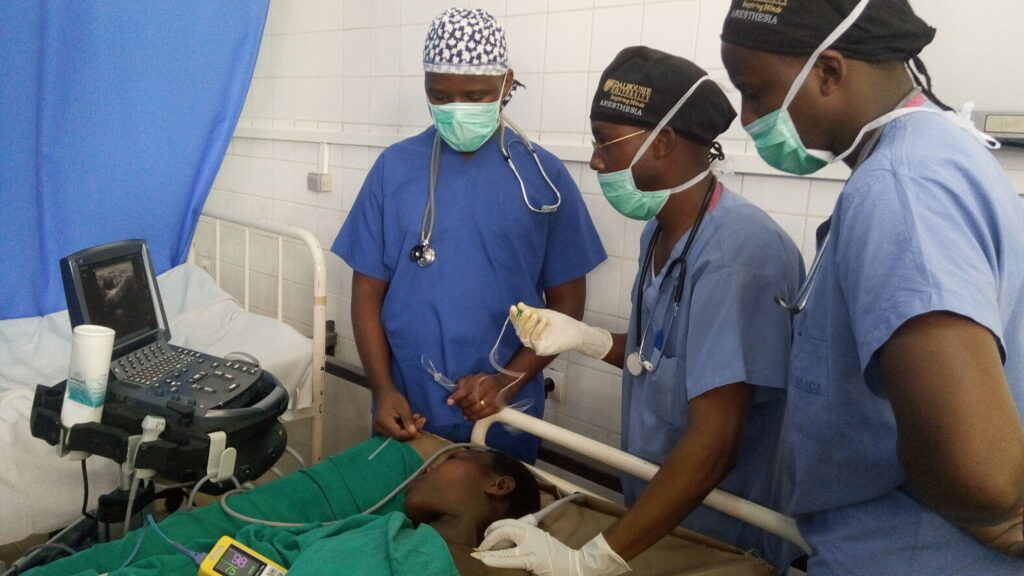
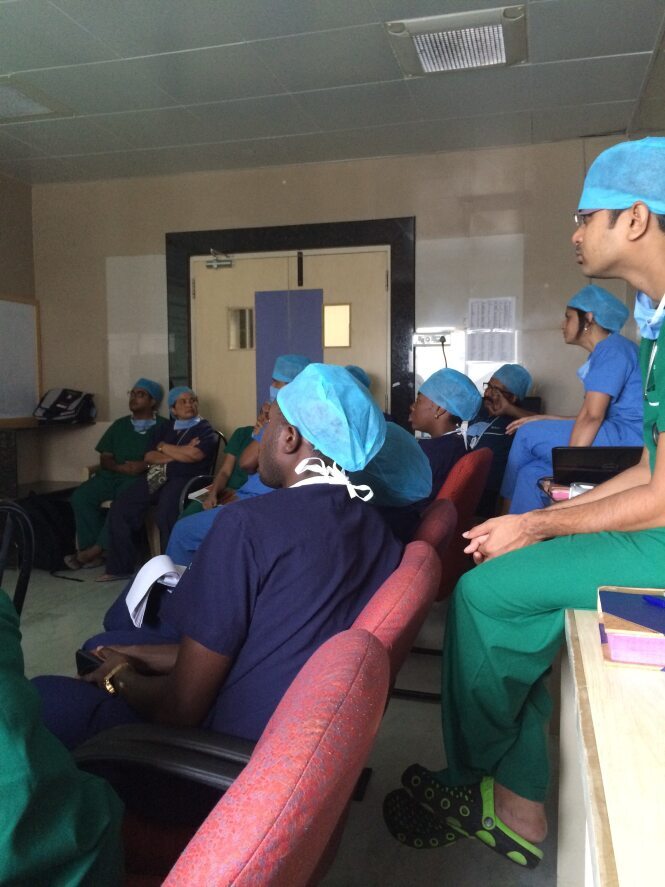
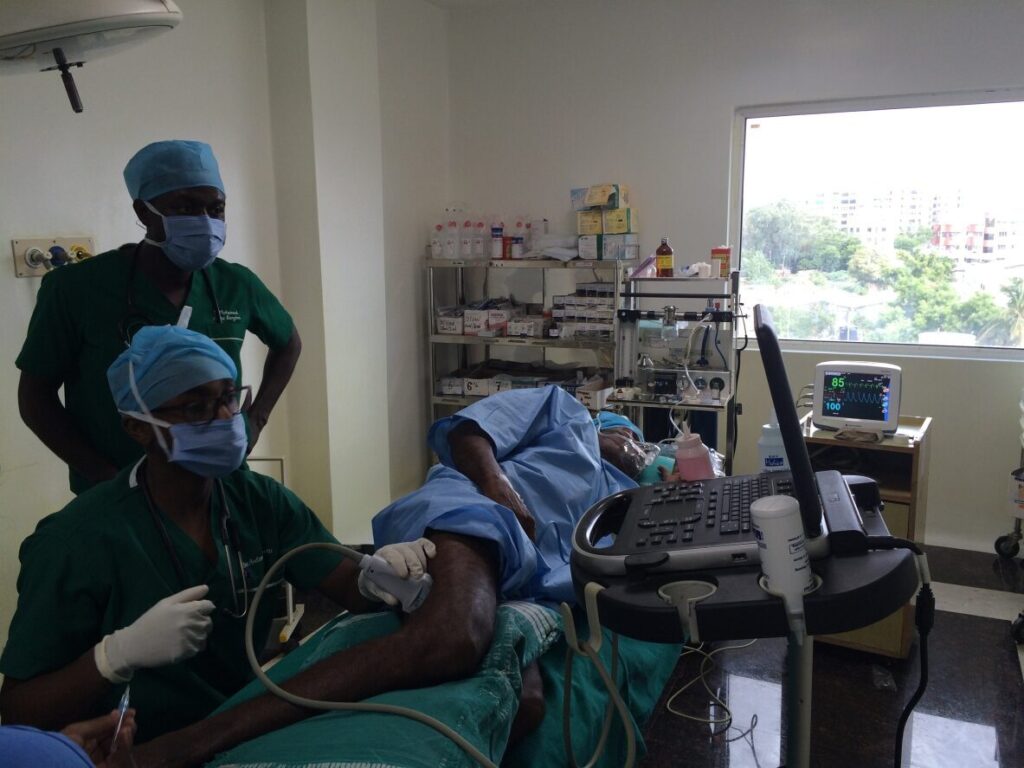
WFSA: What does the anaesthesia fellowship entail?
Dr Subramanian: We have a set curriculum that covers almost all the described blocks in the literature. Fellows must maintain the log book and enter all the things they learn. Classes are conducted once a week for 90 minutes – we do one-on-one teaching and handhold blocks.
Working in the OR is very crucial. Working on Blue Phantom Ultrasound Training Models and Simulators are useful to teach them the needling techniques.
The most important part of the fellowship is the first month. We are very careful and watchful, as the Fellows come from different levels of expertise and need to be closely monitored and mentored. We make sure patient comfort and safety is not compromised.
WFSA: Were you ever a fellow yourself or, if not, did you have an important mentor in your life?
Dr Subramanian: I was never a fellow – as a trainee, I motivated myself to learn. For me, the Journal of Regional Anaesthesia and Pain Medicine served as a key knowledge store. I learnt much from this Journal since 1999, when Regional Anaesthesia just began to show up
The fellowship programme is an outstanding programme. The main impact is the reduction of patient morbidity as much as possible. As I mentioned earlier, it helps to make the world a level playing ground.
WFSA: What do you hope is the future of WFSA fellowships?
Dr Subramanian: The number of trainees who aspire towards an anaesthesia fellowship is very high, but unfortunately we don’t have enough centres. I sincerely hope that more centres come forward to share their skill and expertise – I believe it would be the best service to mankind and health care globally. Ultimately, the patient benefits from this programme the most.
The main highlight is – of course when the fellows return to their respective countries and begin mentoring colleagues. This has truly resulted in a snowball effect and, ultimately, the benefit is passed onto the patient – this is why fellowships are so truly important to begin with.
WFSA: Are there any memorable fellows that you’ve worked with and why were they memorable?
Dr Subramanian: Dr Fadzai from Zimbabwe and Dr Nyandwi Jean Damascène from Rwanda as they took over Leadership Positions in their country and also disseminated the knowledge gained from the Fellowship very effectively with their colleagues
I completed the WFSA fellowship in Regional Anaesthesia at Ganga Hospital from January to June 2015. It constituted a cornerstone in my career development as an anaesthesiologist. During my fellowship, I was lucky to get taught by the excellent Ganga Hospital staff, mentored by Dr. Balavenkat.
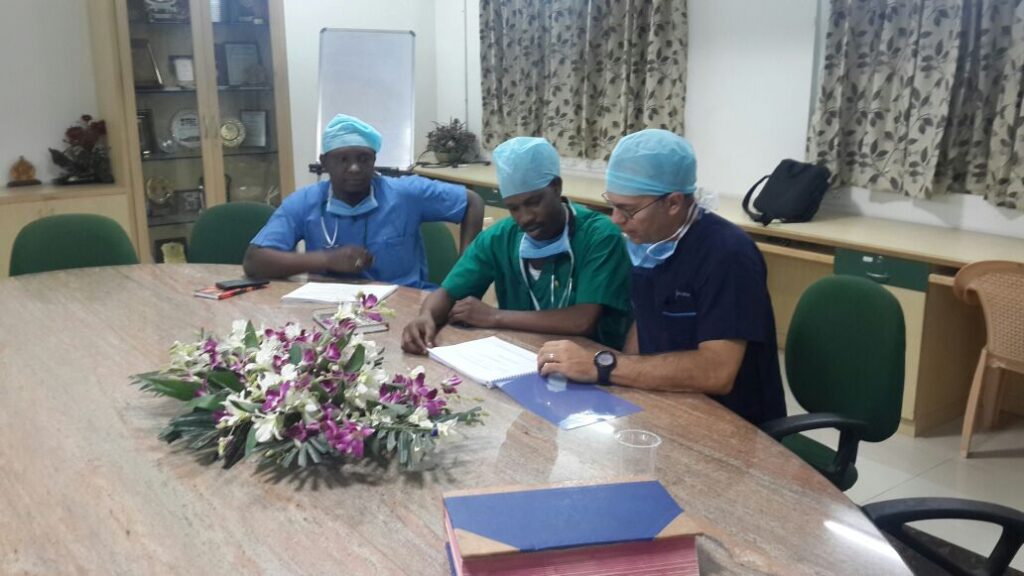
I had excellent exposure to the learning of practice of regional anaesthesia. By the end of the fellowship, I felt very confident in regional. I went back to my home country (Rwanda) in my working hospital (University Teaching Hospital of Kigali) as a champion fellow in Regional. I can say that I inspired many aneshesia providers in Rwanda and to date, Regional anesthesia practice has increased and expanded to many various hospitals in Rwanda and continues to grow.
Dr Nyandwi Jean Damascène





